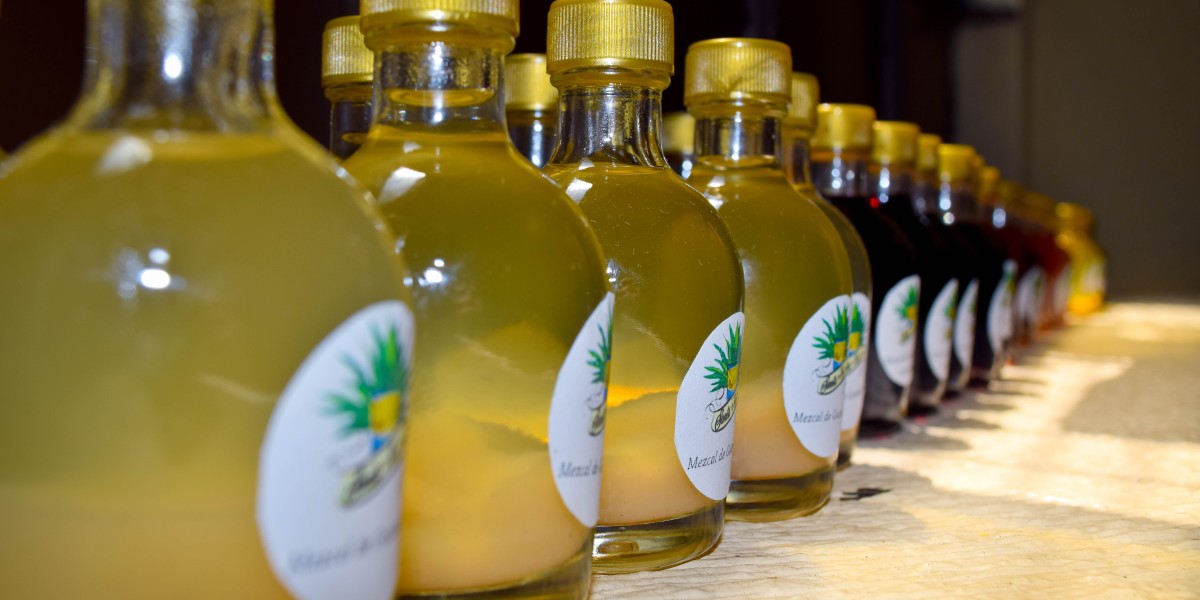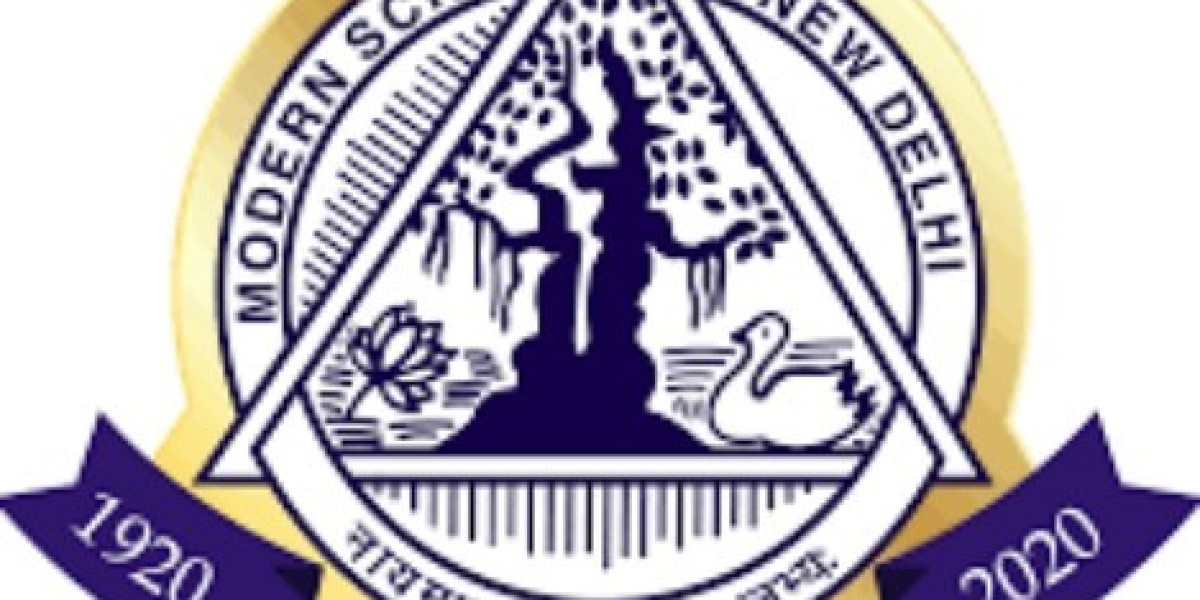Mezcal, the smoky cousin of tequila, is rapidly gaining momentum in the global alcoholic beverage industry. Though it has deep roots in Mexican culture and history, this agave-based spirit is now attracting international attention, evolving into a mainstream choice for consumers worldwide. The mezcal market current growth, propelled by its increasing popularity and diverse consumer appeal, signals exciting prospects. This article will explore the various factors fueling mezcal’s market penetration and the dynamics that are shaping its global reach.
Roots and Heritage: The Foundation of Mezcal’s Growing Popularity
Mezcal has been an intrinsic part of Mexican culture for centuries, often produced through traditional methods. While tequila is a specific type of mezcal made only in certain regions of Mexico and exclusively from blue agave, mezcal can be crafted from several types of agave plants. Mezcal is distinguished by its smoky flavor, a result of roasting the agave hearts in underground pits. Historically, the drink was associated with rural traditions and ceremonial rituals but has now blossomed into a commercial product appealing to adventurous drinkers worldwide.
Driving Forces: Why Mezcal Is Taking Over the Global Scene
In recent years, mezcal has been infiltrating global markets, gaining a spot in many high-end bars and liquor stores. Several factors contribute to this impressive growth trajectory:
Shift in Consumer Preferences: Contemporary consumers, especially millennials and Generation Z, are more interested in authentic and premium spirits. Mezcal’s artisanal production and distinctive flavor profile position it as an intriguing alternative to mainstream spirits like whiskey, rum, and vodka.
Craft Spirit Movement: The rise of craft spirits has prompted a re-evaluation of traditional liquors. Mezcal, often made in small batches with a strong emphasis on craftsmanship, fits perfectly within the "craft" niche, appealing to connoisseurs and collectors.
Health-Conscious Appeal: As more consumers embrace healthier drinking habits, mezcal’s minimalistic production process, often involving organic agave with no added sugars or artificial flavorings, makes it a more health-conscious alternative to sugary cocktails or heavily processed spirits.
Celebrity Endorsement: Like other alcohol sectors, mezcal has seen a boost in its appeal through celebrity endorsements. High-profile figures in the entertainment industry have either launched their own mezcal brands or expressed their admiration for the spirit, creating a significant impact on its awareness and sales figures. Such endorsements drive its legitimacy and market appeal.
Exploring New Flavors: Mezcal’s versatility when it comes to flavor – from sweet and fruity to earthy and herbal – makes it appealing to both classic cocktail enthusiasts and those seeking more experimental tasting notes. Bartenders' eagerness to incorporate mezcal into innovative cocktails, including mezcal margaritas or smoky negronis, has accelerated its market penetration.
Global Market Penetration Strategy
With growing demand, the mezcal market has adopted a variety of strategies to expand internationally. Market players are focusing on distribution in the U.S., which remains the largest importer of mezcal, followed closely by Europe and increasingly, Asian markets. Here are some methods mezcal brands use to increase their penetration:
Educational Marketing: One key obstacle for mezcal’s international growth is consumer unfamiliarity. Brands are increasingly educating consumers through tastings, product stories, and detailed explanations of the artisanal production process. Brands hosting tasting events and partnering with influencers or experts help the global audience develop an appreciation for the complexity of mezcal.
Expanding Product Lines: To cater to international palates, mezcal companies are broadening their product offerings. A shift to more accessible entry-level products alongside premium, artisanal, or aged varieties ensures they cater to a wide variety of consumers with different budgets and preferences. This diversification allows brands to carve out a niche in both the luxury and mass-market segments.
Collaborations with Local Liquor Brands: Many mezcal producers partner with bars and restaurants, gaining significant inroads into trendy locales worldwide. Some global liquor brands have also sought strategic partnerships with mezcal distilleries, bringing the spirit into mainstream distribution channels while preserving its authentic qualities.
Challenges and Potential Obstacles
Despite the buzz around mezcal, the spirit is not without its challenges. One significant hurdle is ensuring the integrity of the product as global demand increases. The craft element of mezcal production could be undermined if production ramps up too quickly. As more multinational companies enter the market, ensuring that artisanal producers retain control of quality, sourcing, and distribution will be key to maintaining mezcal's authenticity.
Another potential obstacle is regional competition. While mezcal has made a name for itself, tequila, rum, and whiskey still dominate the global alcohol market, requiring mezcal to strategically compete against more well-established spirits. Building an infrastructure and consumer base in this space will take both patience and investment.
Conclusion: A Rising Star in the Alcohol Market
Mezcal's market penetration continues to show impressive growth, fueled by changing consumer habits, the craft spirit movement, and innovative brand strategies. As the global appetite for unique, high-quality spirits expands, mezcal is well-positioned to claim its place on the world stage. Yet, careful stewardship of the product and its artisanal roots will be crucial as producers look to scale internationally.



